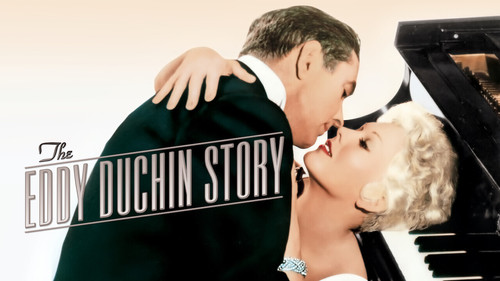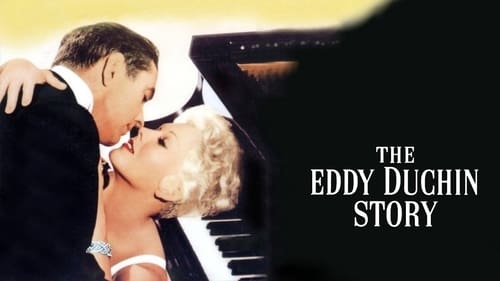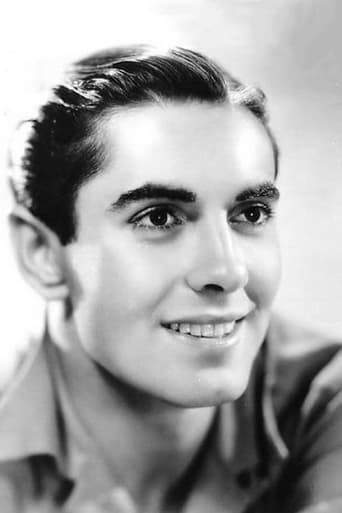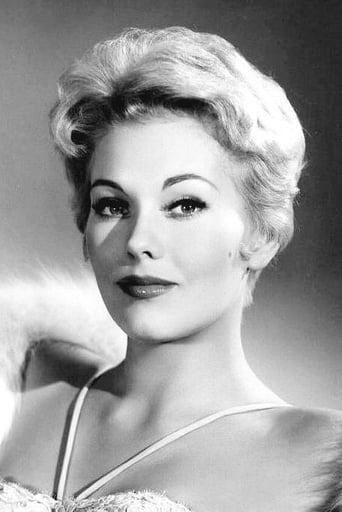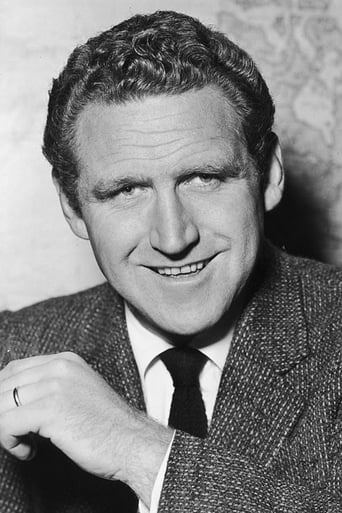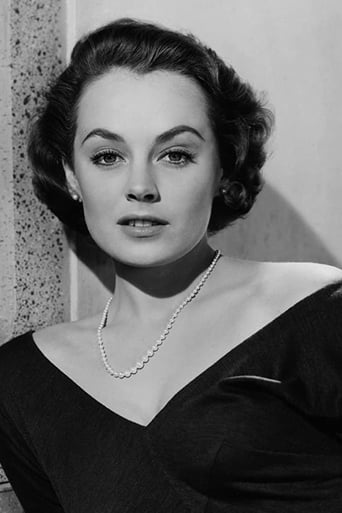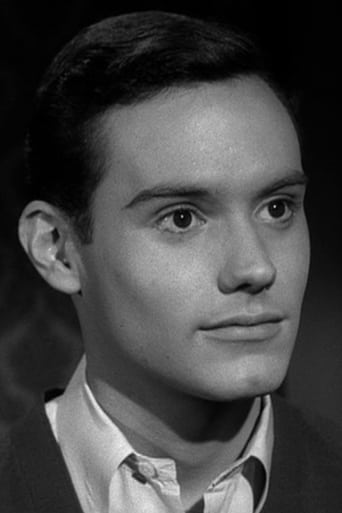Lightdeossk
Captivating movie !
Glimmerubro
It is not deep, but it is fun to watch. It does have a bit more of an edge to it than other similar films.
FuzzyTagz
If the ambition is to provide two hours of instantly forgettable, popcorn-munching escapism, it succeeds.
Curapedi
I cannot think of one single thing that I would change about this film. The acting is incomparable, the directing deft, and the writing poignantly brilliant.
mikasparky
There's no way, even suspending reality to the Nth degree, that Tyrone Power is in any way, shape or form "believable" as a fresh faced graduate of the Massachusetts School of Pharmacy. The deep, unforgiving wrinkles around his eyes make him look more like the DEAN of the school! I know that Hollywood had a bad habit (still does) of casting people up to the age of forty as teens and young adults, but Tyrone doesn't look at all "young" in this role--he was just too doggone old.And like every picture made in the era, there's no accuracy when it comes to make-up or hairstyles, either. It's a shame, too, because the costumes aren't horrible, and good hair and make-up would have helped immeasurably. Kim Novak looks like she dropped in from the Technicolor fifties! Still and all, for a schlocky, sentimental, typical-of-the-era film, it's not awful--it'll pass the time if you're in an escapist mood.
urbisoler-1
. . . that begs for answers to unanswered questions. I keep reading that Eddie was a decorated Navy man during WWII but can't find out what those awards were. I've read Peter Duchin's "Ghost of a Chance" but the answers aren't there either. Can't find much on Majorie Oelricks either including photos. Peter was raised by the Harriman's while Eddie was on tour to South America and then WWII. Peter then goes to live with Eddie after the war. The nanny, Chiquita Wynn, straightens Eddie out on how to handle his son and they ultimately fall in love and marry. When Eddie dies of leukemia (sp?), Chiquita drops out of sight and we are left to wonder what happens to her. It's rather frustrating not knowing what happens next - not that I expect the film to answers these questions. But I should and do expect that a biography would. Peter's does not and I believe it should have. The film is marvelous if for no other reason than the music. Carmen Cavallero has been given much of the credit for his virtuosity. I don't doubt it but this is Eddie Duchin's story not CC's. Also, if I read the story correctly, C.C. was greatly inspired by Duchin. That's why there is a film about Duchin and not one about Cavallero. If anyone has information to fill in the blanks I would like to hear from them. Ciao!
tedg
Wow, what a mix of bad and good. The good is the music and the amazing period shots of New York. The bad... well just about anything else; its all rather poorly done. The script is particularly offensive; more about that in a moment. The acting is that goofy type which is unnatural, but not quite the unnatural stage style, more of a "read to the camera" style. Novak is pretty, but moves gracelessly.The story they have chosen to tell is a simple one: we learn to love a man through his ambition, gains, losses, sorrow and regaining of humanity after the war. This is about America after the war, not some pianist. Then sorrow strikes again and he handles it so wonderfully you applaud while crying. At least that's the goal and it probably worked for most viewers when this was new and America was trying to cope with post war loss.Something closer to the real story would have made a killer movie. Duchin was made famous by his recording that was the first use of the F-work in that medium. His first wife did die, but he was hardly grief-stricken — a famous womanizer. He did leave his boy with Averill Harriman's wife when he went to war. But that was because he was sleeping with her, while her husband was off in England sleeping (and finally marrying) another man's wife. The son of Winston Churchill in fact, so Harriman hardly cared about his wife's affair with a New York celebrity.Harriman was an amazing character through the period of this story. He, Dulles and Marshall shaped the world after the war in a liberal mold, essentially reforming Europe as a unit and building NATO, which for many decades was a very good thing. His presence through this movie as sort of an avuncular figure would be like having John Kennedy as a butler. The loss of the power-as-sex game and music-as-power thrust sort of waters down the whole thing.Why do I care? Because Harriman was particularly concerned about rebuilding France, a country that had humiliated itself and had no means to rebuild. It was, as now, an agricultural economy and Harriman couldn't see Americans subsidizing French farmers for decades. So he (his staff, yes Democrats) came up with the ideas of romanticizing Paris and Rome. Make them romantic cities that tourists would visit. They surely were not before the war. Paris had had its day as a center of art but never ever of romance.The plan was pulled off flawlessly, primarily through subsidies to Hollywood to make films that portrayed Paris romantically. Many of those films were from the same period of this film, an extreme irony. Extreme, you know.Harriman's first wife, the one playing with Duchin, had cheated on and left her first husband as well, an extremely wealthy fellow who just happened to be the financier of Technicolor which we find our self enjoying in this very film.Oh well, there is the music, How can you fault any film that starts with Chopin?Ted's Evaluation -- 1 of 3: You can find something better to do with this part of your life.
caa821
Eddy Duchin was thought by some music critics and musicians to be more a showman than a talented performer. Some criticized his playing for the number of errors that might appear, but which did not matter to the audience because of the flair and enthusiasm in his playing style. Certainly Carmen Cavallero, who provided the music delivered by Tyrone Power in the title role, possessed far greater virtuosity. And although this movie contains some of the very fictionalized aspects of the biographical musicals of the 40's and 50's, it does contain more fact than most. Eddy Duchin did serve as a naval officer, with distinction, in combat in WW II. In contrast to the dramatic, tearjerker ending, he fought for an extended time against his life-ending leukemia. (However, I can't imagine anyone who couldn't be moved to tears by the movie's end, which is a prime example of a contrivance which augments rather then detracts from the story.) Kim Novak and Victoria Shaw are marvelous as his two loves, and the supporting cast excellent. Tyrone Power, who was tragically to die in his prime not many years after this film, will always be one of Hollywood's icons. (This was an eerie parallel to the character he had portrayed here. Like Duchin, whom he had portrayed not long prior, he died a handsome, matinée idol, many years prematurely, at the height of his career - and even more suddenly.) The film also presents an interesting depiction of New York from the 1920's through WW II - perhaps more realistically than it would be today, since the film was made so much closer to these times. And the music is as memorable and enjoyable as one would want or expect.
